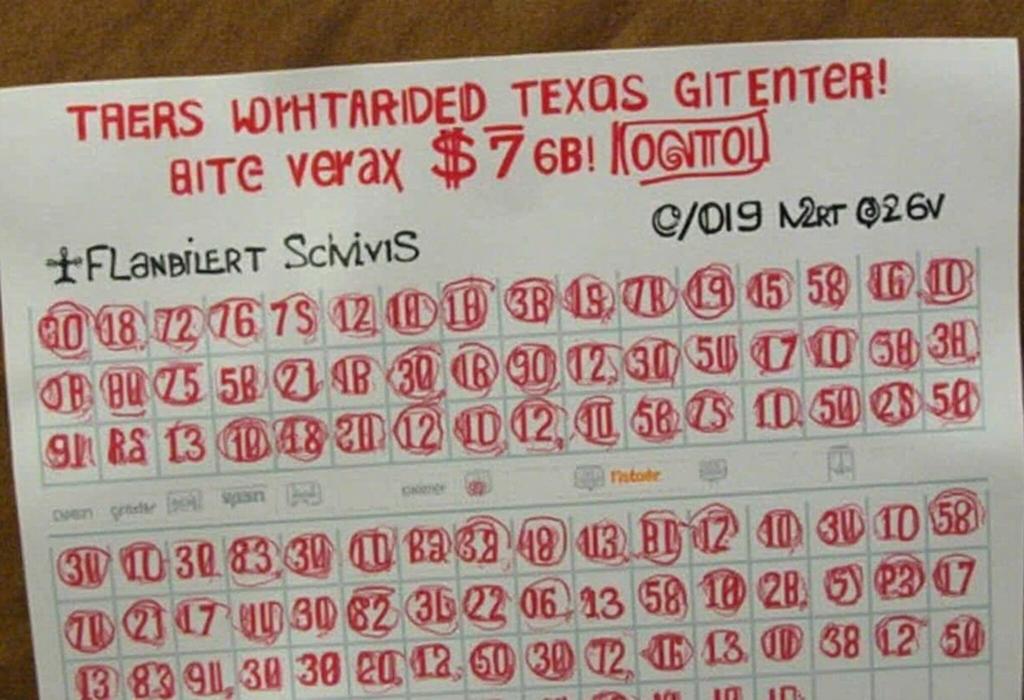In a remarkable twist of events in the spring of 2023, a group of international gamblers orchestrated a bold scheme to win a staggering $57 million jackpot from the Texas Lottery, setting off a wave of controversy and investigations. The operation involved a team of associates and their children manning dozens of machines in Texas, capable of churning out over 100 lottery tickets every second, thanks to the allowance for online vendors to print tickets for their customers. This colossal win attracted ire from many, including Lt. Gov. Dan Patrick, who condemned it as the 'biggest theft from the people of Texas in the state’s history.'
The masterminds behind this audacious plan included Australian high roller Zeljko Ranogajec and his collaborator Bernard Marantelli. They meticulously exploited the jackpot's soaring value, which had ballooned due to less frequent ticket sales in Texas, making it easier for them to target potential winning combinations without concurring buys from other lottery players. A critical aspect of their strategy was to avoid commonly picked numbers to prevent splitting the winnings—a tactic that highlights their experience in circumventing typical lottery play.
As the news spread, state lawmakers, fueled by the relentless media coverage, began scrutinizing the Texas Lottery Commission's role in the debacle, particularly regarding a junior employee who approved an expedited distribution of ticket terminals crucial to the operation's success. Amid ongoing investigations led by the Texas Rangers and calls for stricter regulations, some state senators expressed that the incident served as timely evidence of the lottery commission's failure to adequately manage integrity and trust in the lottery system, suggesting potential termination of the lottery altogether.
The backlash prompted immediate changes, including a software update by the commission to thwart similar schemes in the future. Furthermore, reports indicated a significant loss of trust in the commission's ability to uphold fair practices in the lottery, leading to inquiries about the viability of continuing the lottery program, which has historically generated substantial revenue for public education and veterans' programs in Texas. The Texas Lottery Commission is under heavy scrutiny, and with recent budgetary recommendations potentially slashing their funding, the future of the agency hangs in the balance. The situation exemplifies deepening concerns surrounding the operations of lotteries and gambling commissions, particularly in light of potential expansion into sports and online betting in Texas, as highlighted by questions regarding whether the state government can manage such systems effectively without fostering corruption or malpractice.
This development not only underscores the immediate ramifications of this individual case but also raises broader implications about the relationship between state-run lotteries and ethical gambling practices while calling into question the inherent issues with large-scale gambling operations—issues that resonate with many critics advocating for tighter regulations or policy changes. As investigations continue, the Texas Lottery's integrity is under the microscope, representing a definitive moment that could redefine how lotteries operate moving forward.
AD
AD
AD
AD
Bias Analysis
Bias Score:
60/100
Neutral
Biased
This news has been analyzed from 17 different sources.
Bias Assessment: The news coverage exhibits moderate bias in terms of emphasizing outrage and scandal surrounding the lottery's management while framing the gamblers’ actions severely. The language used tends to sensationalize the incident, portraying the actions of the syndicate as theft rather than a legal operation as claimed by their representatives. The focus on legislative responses and investigations lends a narrative of culpability to the lottery officials, potentially alienating those who might see the winning actions as part of a legitimate gamble within the established rules of lottery play.
Key Questions About This Article




